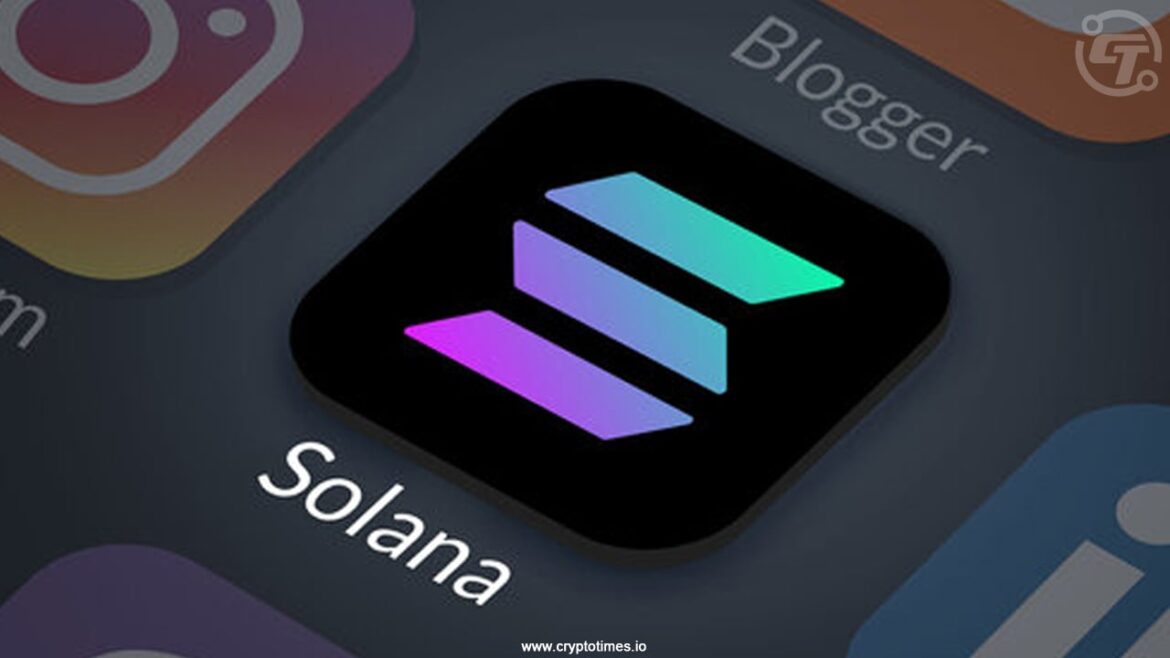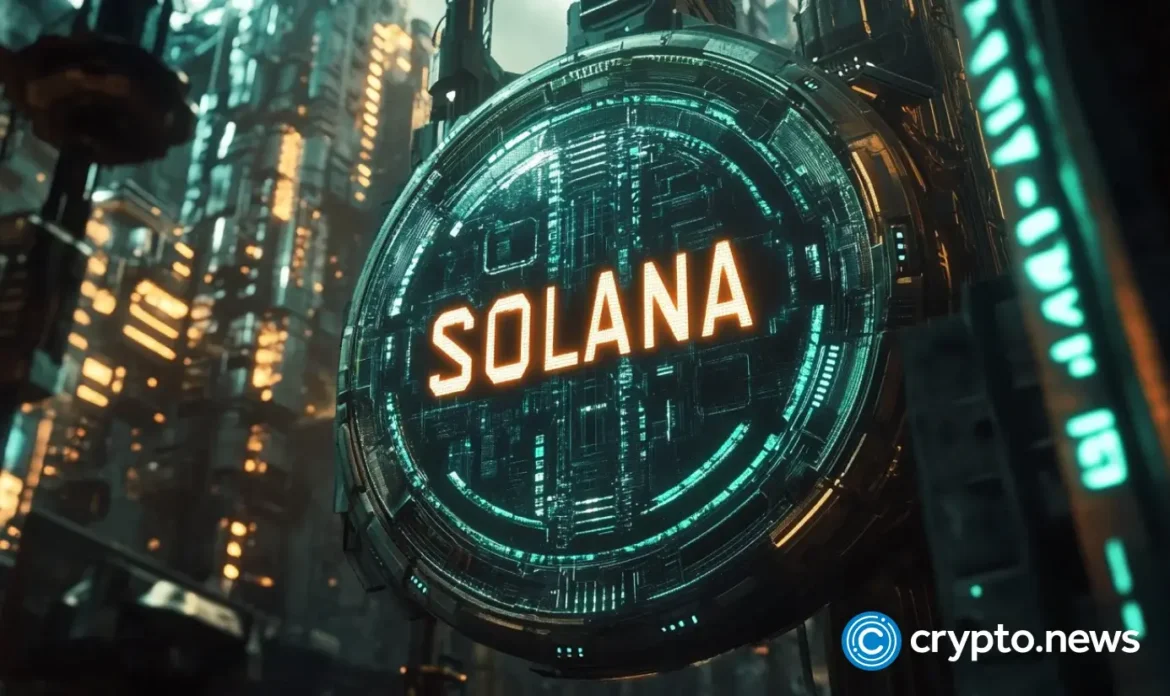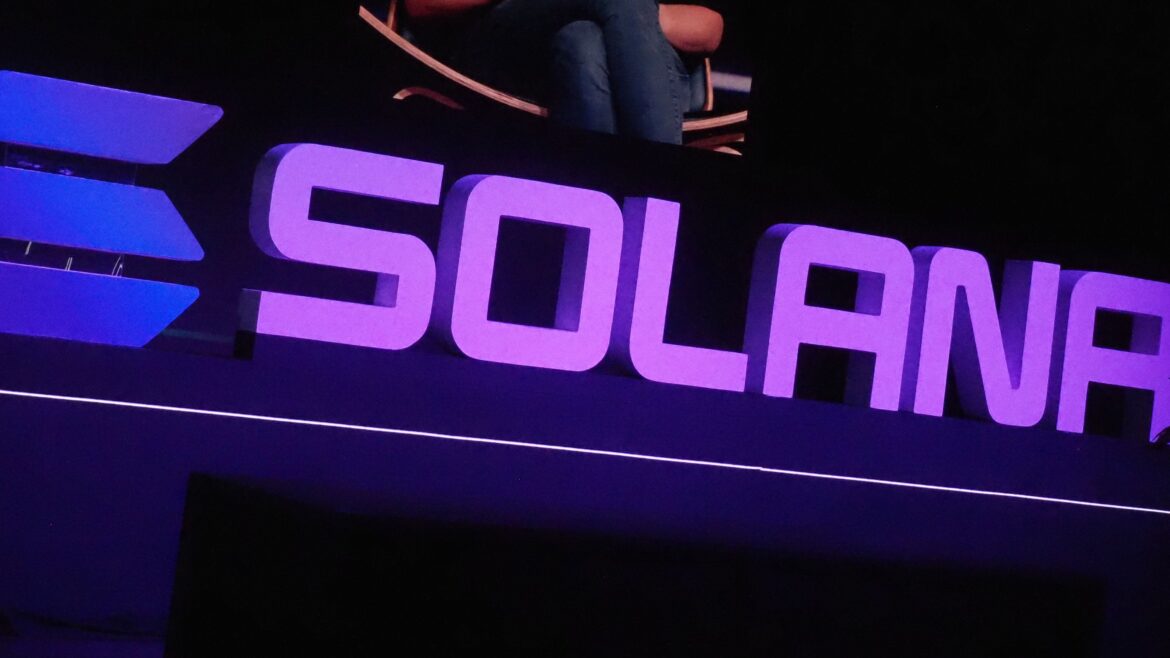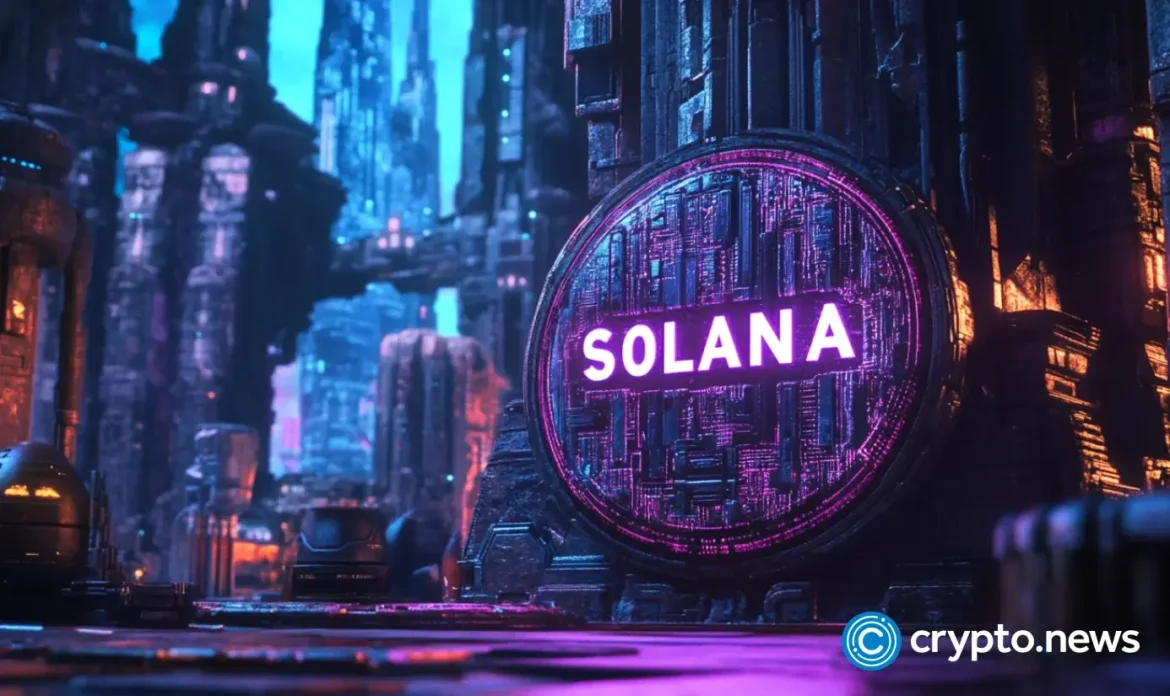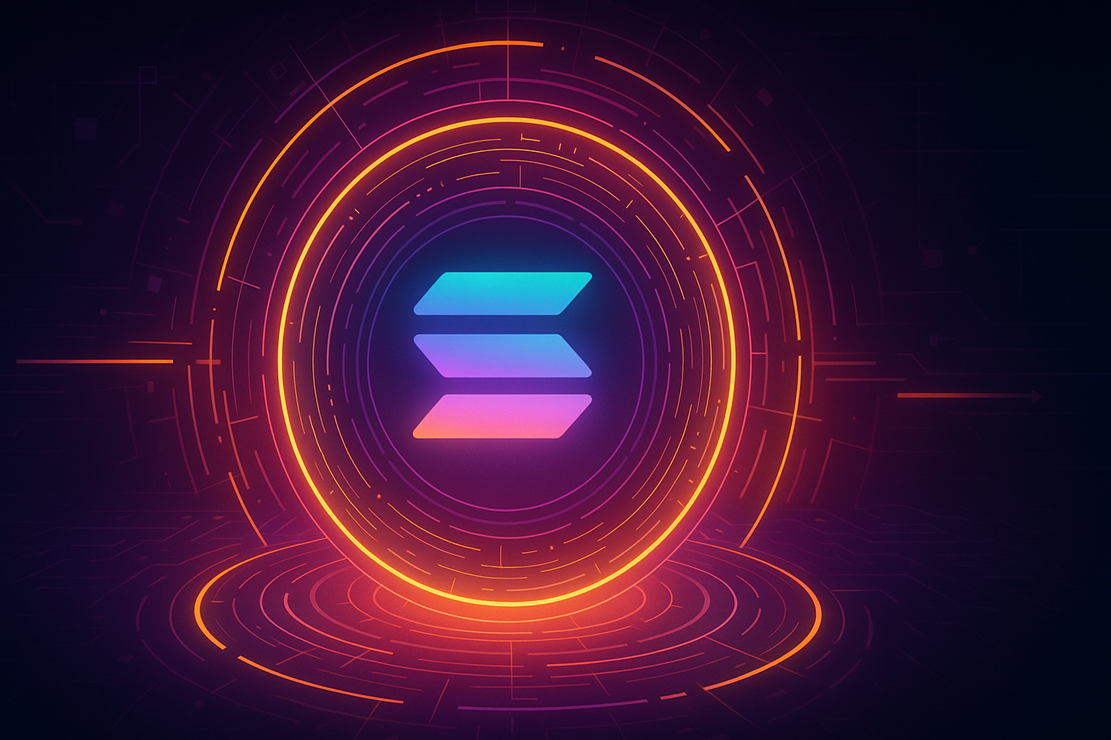The Solana network has voted to approve the new Alpenglow consensus protocol. The proposal, known as SIMD-0326, passed with 98.27% support, far exceeding the required 66.67% threshold.
According to a post by Solana Status on X, “The community governance process for SIMD-0326: Alpenglow is complete. The proposal has passed: 98.27% voted Yes, 1.05% voted No, 0.69% voted Abstain. 52% of stake cast a vote.” This shows strong validator participation and overwhelming support for the changes.
The community governance process for SIMD-0326: Alpenglow is complete. The proposal has passed:
98.27% voted Yes
1.05% voted No
0.69% voted Abstain
52% of stake cast a vote
— Solana Status (@SolanaStatus) September 2, 2025
Alpenglow Introduces Votor and Rotor
The Alpenglow protocol, developed by infrastructure firm Anza, will replace Solana’s current systems: Proof-of-History and TowerBFT. Currently, Proof-of-History timestamps transactions to keep them in order, while TowerBFT manages the voting process for consensus.
The upgrade unveiled on Monday introduces two powerful components — Votor and Rotor. Votor will slash transaction finality times from over 12 seconds to just 150 milliseconds, giving users near-instant confirmations.
Rotor, which will launch later, will reduce data transfers between validators, making it ideal for high-demand sectors like DeFi and blockchain gaming.
Kyle Samani, Managing Partner at Multicoin Capital, highlighted the importance of the upgrade. “Alpenglow is the most significant rewrite of the Solana protocol to date. Its passage today paves the way for faster processing and finality, and for internet capital markets to emerge,” he said.
He added, “Alpenglow will be an important mile marker on our way to 1 million transactions per second.”
Market Impact and Next Steps
As Solana prepares to roll out the upgrade, its price has seen slight movement. According to CoinMarketCap, at the time of writing, Solana is valued at $201.38. A 0.89% dip was witnessed over the last 24 hours, with the trading volume reaching $3.69 billion.
The upcoming Alpenglow upgrade for Solana aims to enhance its speed and scalability. Hence, Solana can compete with top networks and draw in high-volume applications.
Also Read: Fonte Capital Launches First Solana ETF with Staking on AIX

